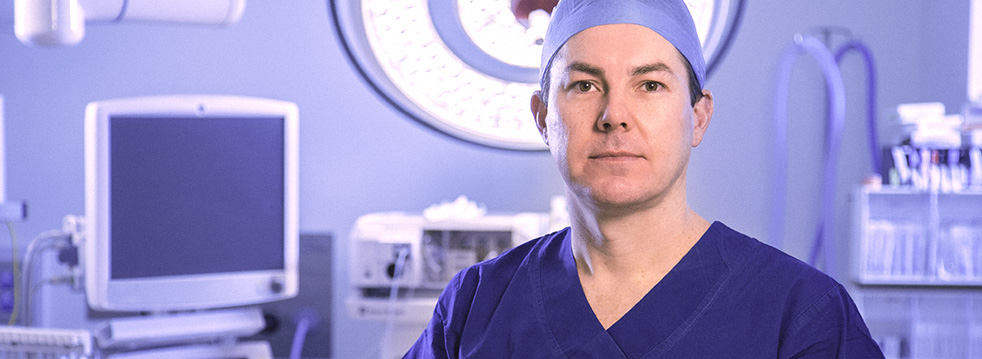What is anal cancer?
Anal cancer is a term used to describe a certain type of cancer, namely anal squamous cell carcinoma (or anal SCC). Although there are other very rare types of anal cancer, such as lymphoma and melanoma, anal cancer generally only refers to SCC of the anal verge or anal canal.
What causes anal cancer?
Anal cancer is caused by the oncogenic strains of the human papillomavirus (HPV). This is the same virus that causes cervical cancer in women. HPV is one of the most common sexually transmitted infections in the world.
What are the symptoms of anal cancer?
There may be minimal or no symptoms of anal cancer. When present, common symptoms include:
- Anal lump
- Anal or rectal pain
- Rectal bleeding
- Non-healing perianal skin lesion
- Change in bowel habit
How is anal cancer diagnosed?
Anal cancer may be suspected upon clinical examination by your specialist including a digital rectal examination. However tissue biopsy is necessary to confirm anal SCC. This may occur at the time of colonoscopy or in the operating theatre, depending on the location of the lesion.
Further imaging studies will then be performed including a CT scan of the chest, abdomen and pelvis, and a pelvic MRI. A PET scan is also commonly performed to further evaluate for distant spread of disease.
What are the risk factors for anal cancer?
- Age greater than 50yrs
- Known HPV infection
- Anoreceptive intercourse
- HIV infection
- Increased number of sexual partners
- Cigarette smoking
- Chronic perianal sepsis and/or fistulae
What is the treatment for anal cancer?
The treatment of anal cancer is different to the other colon and rectal cancers. Anal cancer (anal SCC) is highly sensitive to radiotherapy and this is the mainstay of treatment. This is administered in conjunction with chemotherapy (usually mitomycin C or cisplatin). Around 80% of patients will be cured with this therapy.
Will I need surgery?
Often surgery is not required. If the tumour is large, a temporary stoma (colostomy) may need to be surgically created prior to commencing chemoradiotherapy. This helps relieve symptoms and ensure the chemoradiotherapy can be performed uninterrupted.
Otherwise surgery is reserved for those who do not get a complete response to chemoradiotherapy (around 10%), i.e. the treatment hasn't killed all the cancer, or for those patients who initially appear to have had an excellent response to treatment who then recur down the track. In these cases an abdominoperineal resection is required, with formation of a permanent colostomy.
